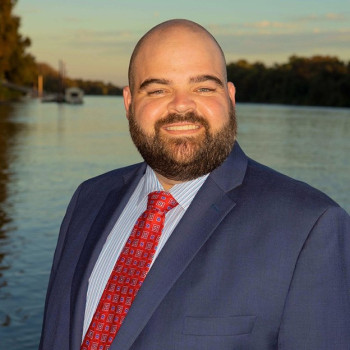
Twin Rivers Wealth Management
Reviews Summary
About This Listing
Who Can Work with a CPA?
*Note: CPAs may specialize in different areas. Be sure to check credentials and service offerings.*
First-Time Clients
If this is your first time working with a CPA, don’t worry — most professionals offer a free consultation and will walk you through what to expect. You may be asked to complete an intake form, share financial documents, or set clear goals for your session.
What to Know Upfront:
*Note: Every CPA operates a bit differently. Don’t hesitate to ask questions before committing.*
What to Bring
*Tip: Organize your documents in advance to save time and ensure accuracy.*
Preparing for Your Appointment
*Note: Preparation helps you make the most of your CPA’s expertise.*
How to Get Started
Other Helpful Info
*Note: Every CPA is different — take time to find one who fits your goals and style.*
Features
Contact Information
Address
1783 Tribute Rd D
Sacramento, California 95815
Phone
+1 916-545-2580Hours
Customer Reviews
My experience with Twin Rivers Financial has been great. I have nothing but good things to report. Each person I have encountered there has been knowledgeable, professional, and responsive. Every conversation has been one in which I have been heard and follow up action is always done rapidly. I feel the guidance I have been given is sound and is in concerns of me, the client first. Often, they have gone over and above in their scope looking at my financials, retirement and other aspects that concern my ove
I couldn't be more happy with Twin Rivers wealth financial planning services. They have developed a plan for me that takes into account the changing market and my needs. I appreciated the decisions they made during COVID which presented a difficult time in everyone?s life. They are highly trained and professional planners. They brought up scenarios I would never have thought of myself. They always have a smile for me and I can tell they have my best interests in mind. I fully trust my money with them b
A++ I cannot recommend Twin Rivers highly enough! Their mission statement says it all: no matter how big or small your portfolio and financial situation, they will treat you with respect, compassion and personal attention and commitment to help you reach your financial and future goals. I became a client (when other companies weren't interested) with a not overly huge portfolio and Twin Rivers (a huge thanks to Anthony Wright and Peter Moulton and the entire staff) have treated me with the utmost courtesy
I met Anthony Wright informally and we connected right away. When I found out he was a financial planner, I asked to meet with him. He is very detailed, organized, thoughtful, but most importantly he was able to explain financial concepts to me in a way that I understood. I believe this firm cares about its clients and their financial success.